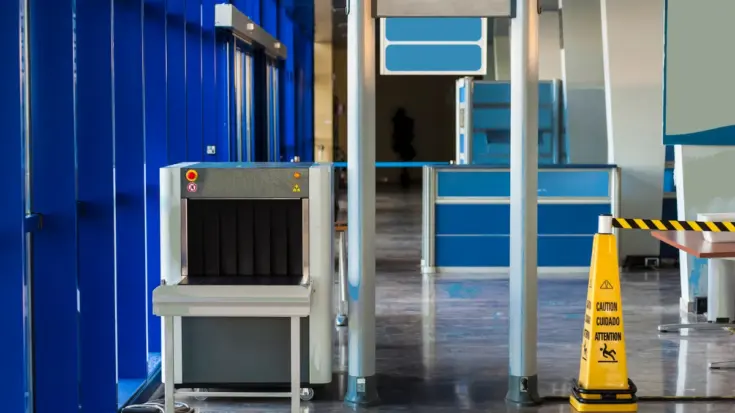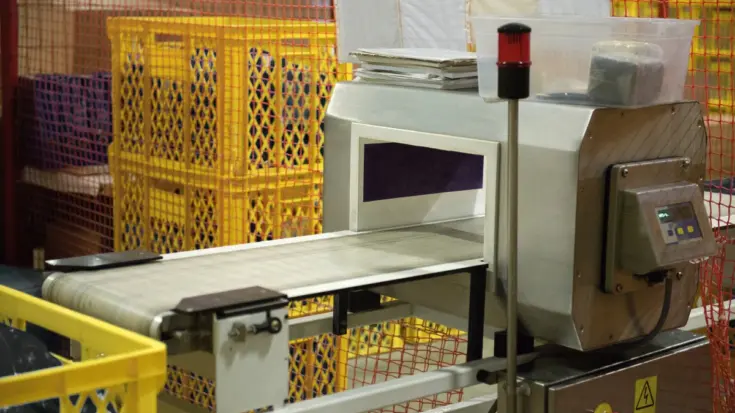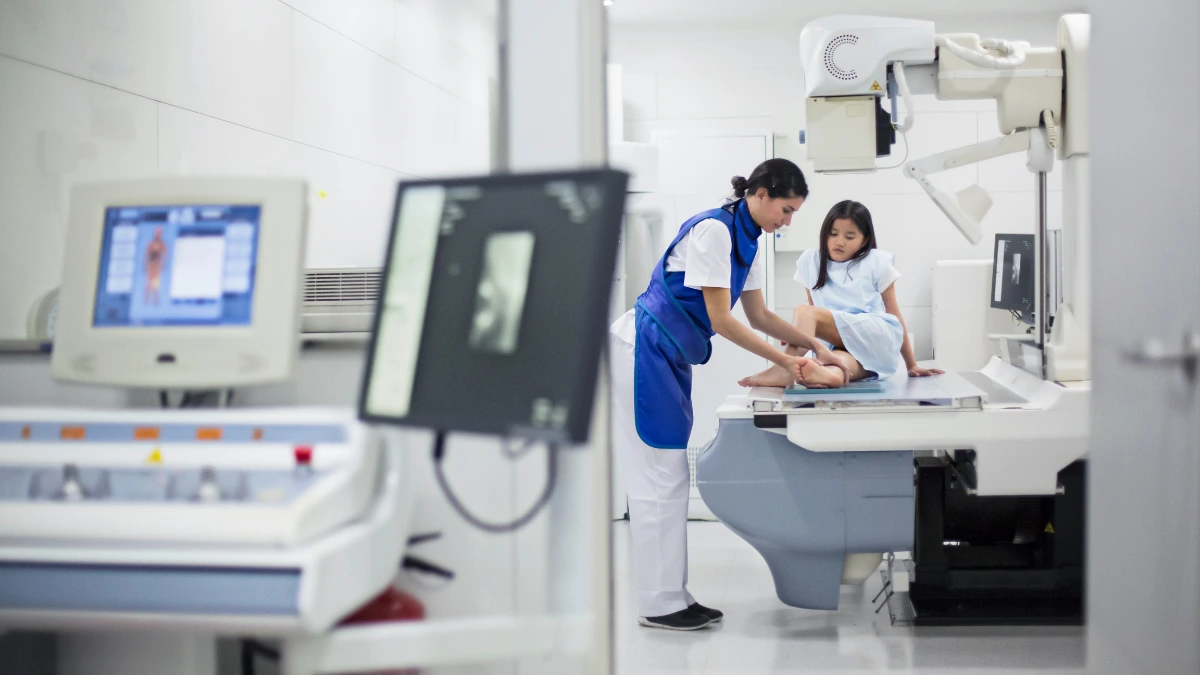X-ray detectors are not a foreign object; we often encounter this device, such as in hospitals or at airports. The detector is widely applied for health, security, industrial, and research needs.
This article will inform you more about X-ray detectors, including the definition, types, applications, and regulations in Indonesia.
What is an X-Ray Detector?

X-ray detectors are technological devices used to capture X-rays and convert their intensity into electrical signals or images that can be analyzed.
The main function of an X-ray detector is to detect the presence and intensity of X-rays of an object or sample.
These detectors play an important role in a variety of applications, including medical imaging, security, industrial inspection, and scientific research.
The Types

There are several types of X-ray detectors designed according to the technology used to detect and convert X-rays into images or signals that can be analyzed. Here are some types that are commonly used:
1. Film detector
Film detectors are the most traditional type of detector. X-rays will emit rays onto film, which are then processed manually to produce an image. This device requires a lot of X-ray exposure and a long development process.
2. Flat panel detector
A flat panel detector is divided into two types: indirect and direct. Indirect flat panel detectors convert X-rays into visible light, then into electrical charges, and finally into digital signals.
The direct flat panel detector converts X-rays directly into an electric charge, which then becomes a digital signal.
3. Semiconductor detectors
Semiconductor detectors are a type of detector that uses semiconductor materials to detect X-rays. These detectors work by converting X-ray photons into electrical charges, which are then measured, producing an image or data about the detected X-rays.
Semiconductor detectors have several advantages over other radiation detectors, such as better energy resolution and higher efficiency.
The Applications


With many functions provided by X-ray detectors, this tool is applied in several sectors such as medicine, security, industry, and research. The following are examples of the application:
- Medicine: To detect bone fractures, tumors, lung diseases, and other medical conditions.
- Security: For checking luggage at airports.
- Industry: For product quality inspection, defect detection in materials, and thickness measurement.
- Research: For material analysis, structural characterization, and other scientific experiments.
The Regulation in Indonesia
The x-ray detector uses communication technologies such as RFID, NFC, Bluetooth, and WiFi that operate within a specific frequency spectrum. In Indonesia, any RFID, NFC, Bluetooth, and WiFi-based wireless device is required to have a DJID (Directorate General of Digital Infrastructure) under the Ministry of Communication and Digital (KOMDIGI).
X-ray detector regulation is based on KEPMEN No. 260 Tahun 2024 for RFID, NFC, Bluetooth, and KEPMEN No. 12 Tahun 2025 for WiFi, which requires all radio frequency-based devices, including handheld computers, to meet specific technical standards before being sold in the country.
The DJID certification ensures that the product meets government safety and quality regulations and does not interfere with other communication devices. The certification process involves technical testing, such as frequency adjustments, safety checks, and compatibility with the surrounding environment.
Once the tests are completed, products that pass are listed in a Test Result Report, which confirms that the product is safe and ready for sale in Indonesia. This report reassures customers that the product meets technical standards and is secure.
For companies wanting to sell an X-ray detector in Indonesia, Type Approval Services for ICT Products are available to assist with this process. This service includes preparing technical and legal documents, conducting required testing, ensuring compliance with regulations, helping companies streamline the certification process, and giving consumers confidence in certified products. [UN]

